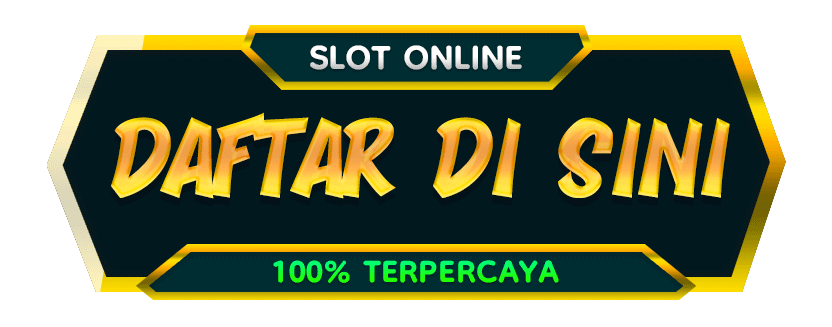1
/
of
1
My Store
Royal88 🍭 Link Alternatif Login Daftar Slot Toto Terpercaya Royal 88
Main judi online aman bersama kami di Royal88 situs slot toto gacor hari ini
Regular price
Rp 25.000,00 IDR
Regular price
Sale price
Rp 25.000,00 IDR
Unit price
/
per
Couldn't load pickup availability
Royal88 merupakan situs slot toto dengan link daftar dan link login anti nawala terbaik untuk menjaga kenyamanan dan keamanan pemain game toto slot paling di percaya di Indonesia.



